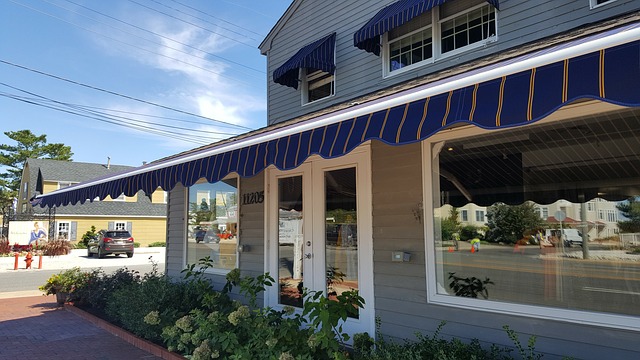In my last post, we looked at the higher yields which investors can achieve through investing in Commercial Investment Property.
We also looked at the factors which can influence these yields.
In this post, we’ll look at:
Commercial Investment Property is low maintenance
One of the major benefits of owning Commercial Real Estate (over Residential Real Estate for example) is your tenant generally pays the outgoings for the property.
Unlike residential real estate, Commercial Leases usually nominate the tenant as being responsible for many of the costs of ownership of owning an investment property – things like water rates and council rates.
This means the tenant needs to take responsibility for paying these costs in addition to the rent that they pay – as opposed to the investor (ie – you) having to pay the costs out of the rent you have received.
By the tenant paying these costs, your end profit stands to be even higher.
If the property is an office, then in most cases the tenant will pay for the office fit-out and partitioning (although many tenants will negotiate this into the rent they pay before taking on a lease).
 Commercial Real Estate Property is more flexible
Commercial Real Estate Property is more flexible
What you get your tenant to pay is really up to your skill as a negotiator, and what is in the commercial lease.
You can set longer minimum lease periods, clauses addressing penalties for breaking a lease, or even offer the tenant the opportunity to buy the property for a set price at a set time in the future (known as a Lease Option).
You see Commercial Property leases are generally more flexible than residential leases. This is because of the protections the law offers individuals who rent property. Most business owners have already figured out a budget and know what they’re looking for while shopping for a property.
Commercial property tenants on the other hand aren’t always afforded all of the same protections as their residential property counterparts because it’s assumed that business owners are able to look after themselves.
In fact, in some cases if your commercial tenant stops paying rent, you may be able to change the locks and close their business down!
In extreme cases, you may even be able to take over the business.
However, when it comes to leases and your legal rights, it’s always wise to get the advice of a qualified legal professional who can help you with the intricacies of Commercial Real Estate.